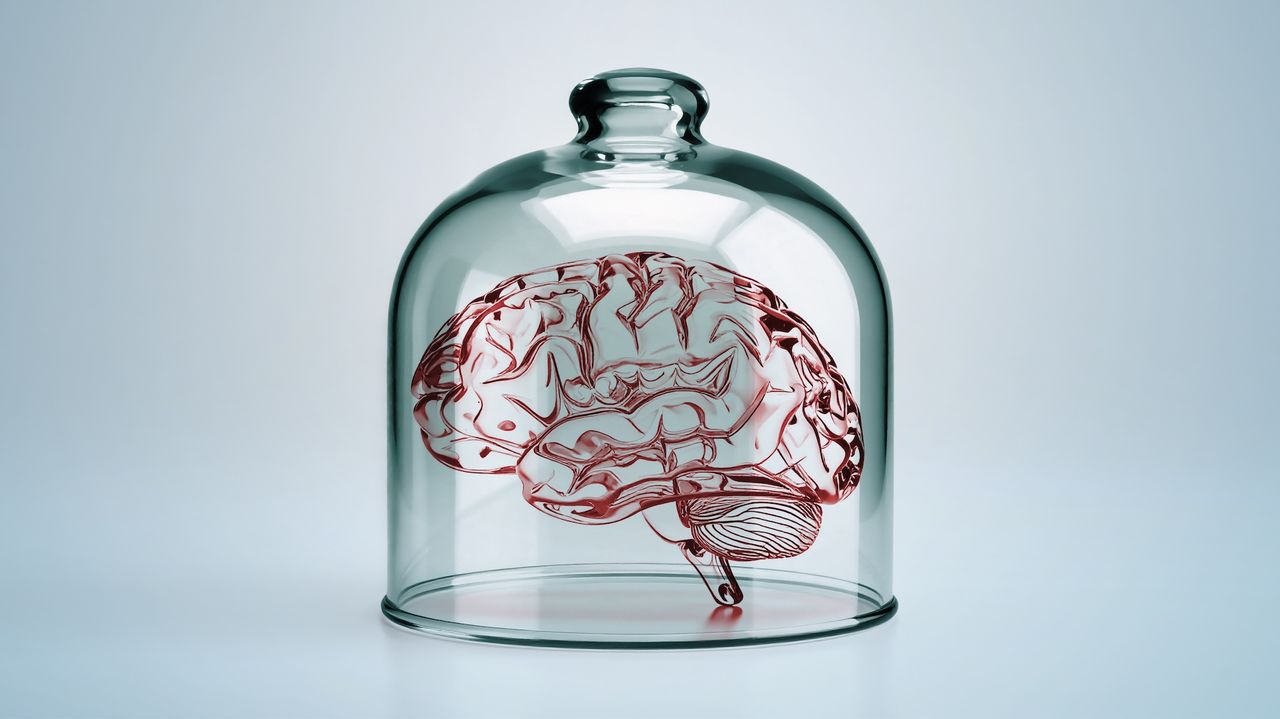Now Reading: Lab-Grown Mini Brains May Develop Consciousness, Raising Ethical Concerns
-
01
Lab-Grown Mini Brains May Develop Consciousness, Raising Ethical Concerns
Lab-Grown Mini Brains May Develop Consciousness, Raising Ethical Concerns

Quick Summary
- Scientists are advancing in the progress of lab-grown brain organoids, sparking ethical debates.
- These “brain organoids,” created from stem cells, lack the complexity of actual human brains but have shown advancements resembling embryonic brain networks.
- Researchers argue that these organoids could eventually develop consciousness, necessitating revised ethical and regulatory guidelines.
- Consciousness in organoids is a complex topic; they currently lack sensory inputs and significant neural complexity but may still experience basic sensations like pain under certain conditions in the future.
- Ethical concerns center around whether conscious brain organoids should be afforded similar welfare considerations as animals used in research.
- Recent innovations include adding blood vessels, microglia (specialized cell types), and fusing multiple regions to create more advanced “assembloids.”
- Current regulations presuppose these entities cannot feel pain or achieve consciousness but might need adaptation as technology evolves.
Read More: Tiny brains grown in the lab could become conscious – and we’re not ready
Indian Opinion Analysis
The rapid progression of biotechnology raises critical questions about ethics, governance, and scientific obligation.India’s role as a growing hub for biotech research places it at a crossroads where innovation must be balanced against potential moral dilemmas. The debate over “brain organoid” consciousness highlights how challenging it is indeed to align rapidly advancing science with ethical frameworks.
For India, which has minimal existing legislation addressing synthetic biology or neuroethics specifically related to artificial brains, this case underscores an urgent need for updated regulatory policies informed by multidisciplinary expertise. Additionally, fostering public dialogue here will be essential since such technologies intersect with deep-rooted cultural beliefs about life and consciousness.
India’s strategic focus could encompass participating actively in global bioethical dialogues while encouraging domestic capabilities for monitoring emerging technologies responsibly. This way forward would affirm India’s commitment to both scientific leadership and moral accountability on issues set to define science policy globally for years ahead.

























